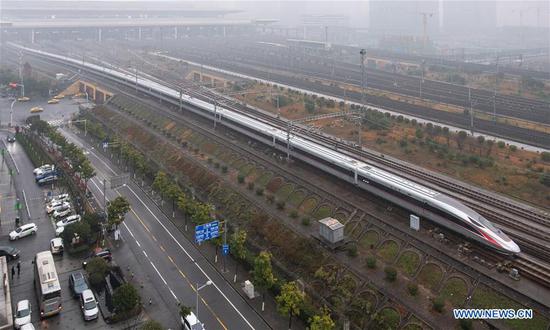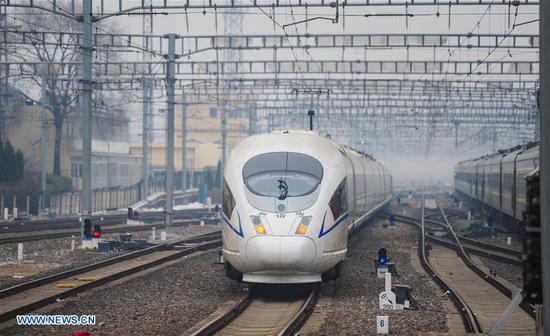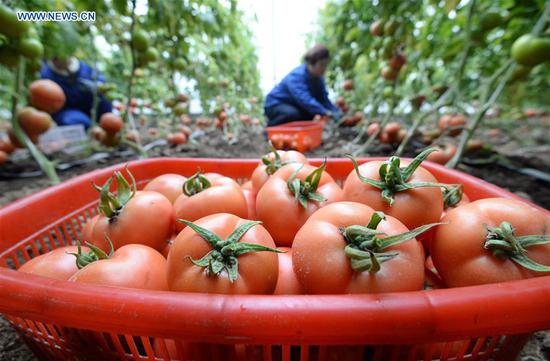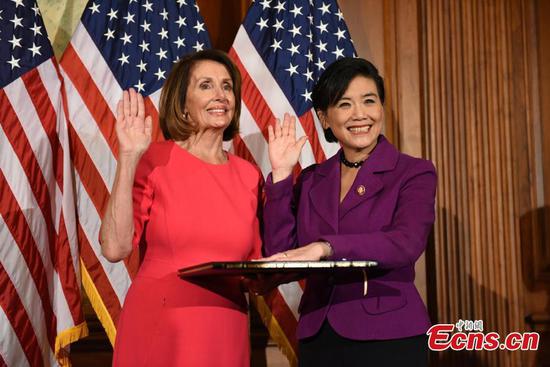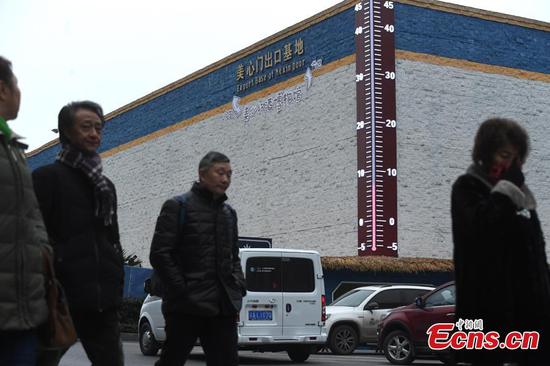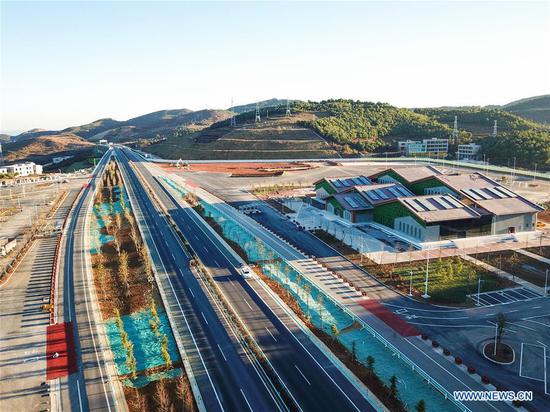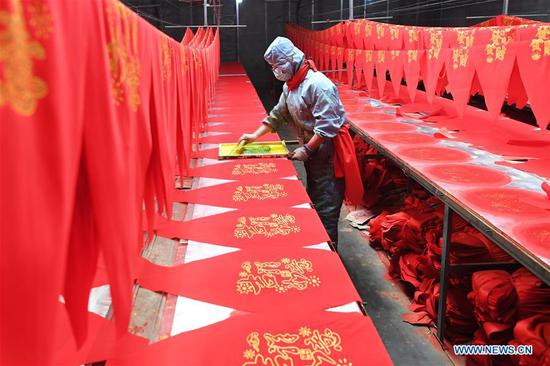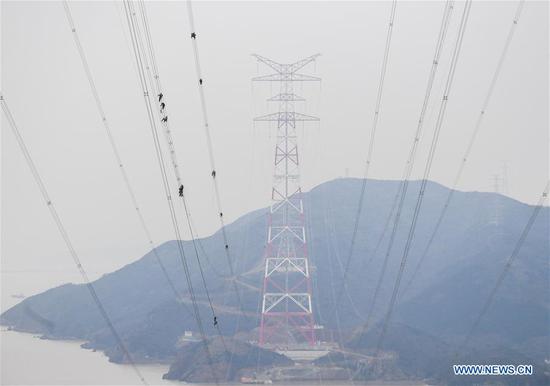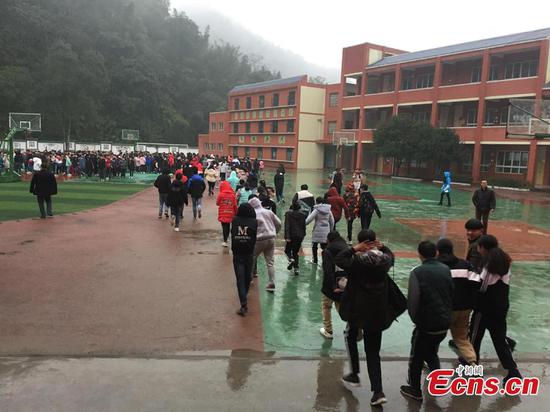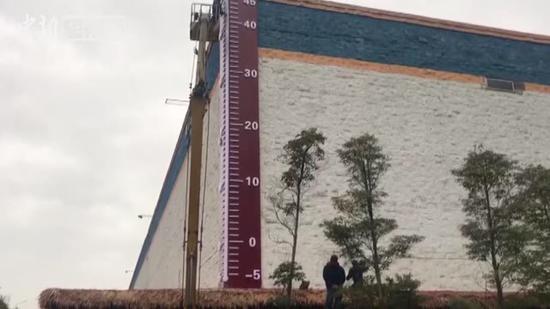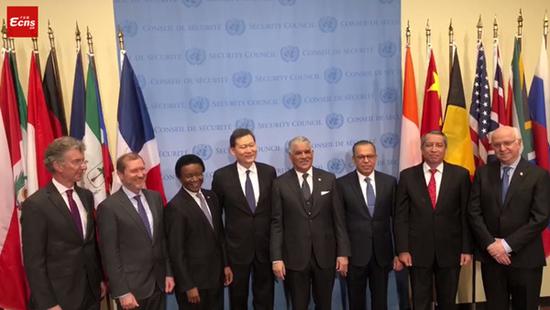Reformers looking at ways to provide cheaper financing, reduce loan defaults
Financial reformers are exploring measures to give smaller and private companies access to cheaper funds and reduce defaults on debt, given their significant contribution to economic growth and employment.
Financial institutions are being mobilized to support privately owned small and micro companies, using a broader range of financial tools including bonds, bank lending and equity, as indicated by the central bank's 2019 task list.
The People's Bank of China issued a statement late on Friday, after its 2019 annual work conference. It said monetary policy would be "moderate" — neither too loose nor too tight in 2019, focusing on countercyclical adjustments. The policy target is to maintain adaptive liquidity and stabilize market interest rates at a reasonable level, said the PBOC.
The latest move of the central bank was an announcement to reduce the money that financial institutions must hold in reserve as a share of total deposits, or the reserve requirement ratio, by 1 percentage point by Jan 25, to inject a net amount of nearly 800 billion yuan ($116.6 billion) into the economy.
The announcement came soon after Premier Li Keqiang called for an increase in financing support for small business during his visit to three large State-owned banks on Friday.
China's deleveraging and risk reduction campaign showed initial signs of success in 2018, but it also constrained small and private businesses from finding credit in the less-regulated shadow banking sector. Credit constraints have affected many companies and added debt default risks, which could also increase unemployment in a slowing economy, analysts said.
Higher financing costs and the inefficiency of the current interest rate system are also reasons for the financing difficulties troubling many private businesses, said Yang Weiyong, an economics professor at the University of International Business and Economics.
"It requires the market to better determine capital prices and where to find more financial resources," he said.
At the top of the central bank's task list is promoting interest rate reform, which would unify the diverse capital pricing systems into one, to be determined by market demand and supply.
The reform, also known as interest rate liberalization, will improve the effectiveness of agencies providing financing and the transmission of money, and enhance access to financing for underserved sectors such as private companies, said Li Yang, director of the National Institution for Finance and Development of the Chinese Academy of Social Sciences.
China's current "double-track" interest rate system covers market-oriented money market rates and banks' benchmark deposit and lending rates. The latter are guided by the monetary authority.
Aiming to alleviate credit supply constraints and reduce default risks, equity finance "supporting instruments" will be promoted for private and small companies this year, according to the central bank.
Similar financing tools, such as credit risk mitigation, have been boosted since the third quarter of 2018, acting as insurance when companies borrow money.
"It precedes broader policy guidance for banks to support private enterprises, in particular small and micro ones, but it remains to be seen how such supporting instruments will work, especially in a slowing economic environment," said George Xu, an analyst with Moody's.
The financial regulator also changed the previous task of "reducing leverage levels" into "stabilizing" the leverage ratio. Analysts called it a signal to slow the deleveraging process. But a tightened regulation on financial holding companies is on the schedule to debut this year.
Other ongoing reforms include creating a development plan and improving regulations on fintech services, in order to further open the onshore bond market and crack down on shadow banking and internet financing risks, the central bank official statement said.










